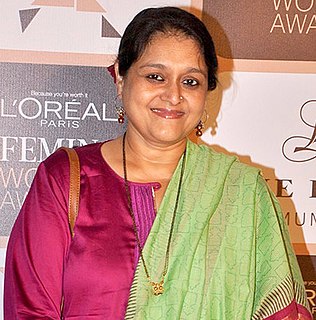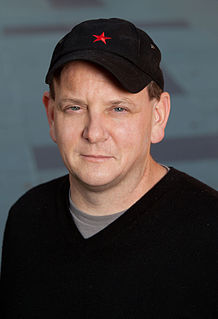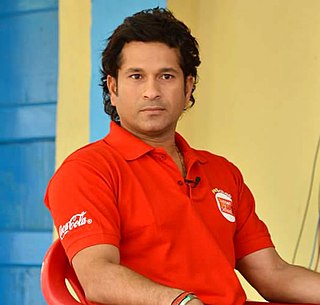A Quote by Vidya Balan
Cinema is about people, and we are a very emotional people. That is why you see those ups and those downs and those colours. That is what Indian cinema is about.
Related Quotes
MORE CONSISTENTLY THAN EVER I WAS TRYING TO MAKE PEOPLE BELIEVE THAT CINEMA AS AN INSTRUMENT OF ART HAS ITS OWN POSSIBILITIES WHICH ARE EQUAL TO THOSE OF PROSE. I WANTED TO DEMONSTRATE HOW CINEMA IS ABLE TO OBSERVE LIFE, WITHOUT INTERFERING, CRUDELY OR OBVIOUSLY, WITH ITS CONTINUITY. FOR THAT IS WHERE I SEE THE POETIC ESSENCE OF CINEMA.
The whole point of art, as far as I’m concerned, is that art doesn’t make any difference. And that’s why it’s important. Take film: you can have quite extreme emotional experiences watching a movie, but they stop as soon as you walk out of the cinema. You can see people being hurt, but even though you feel those things strongly, you know they’re not real.




































